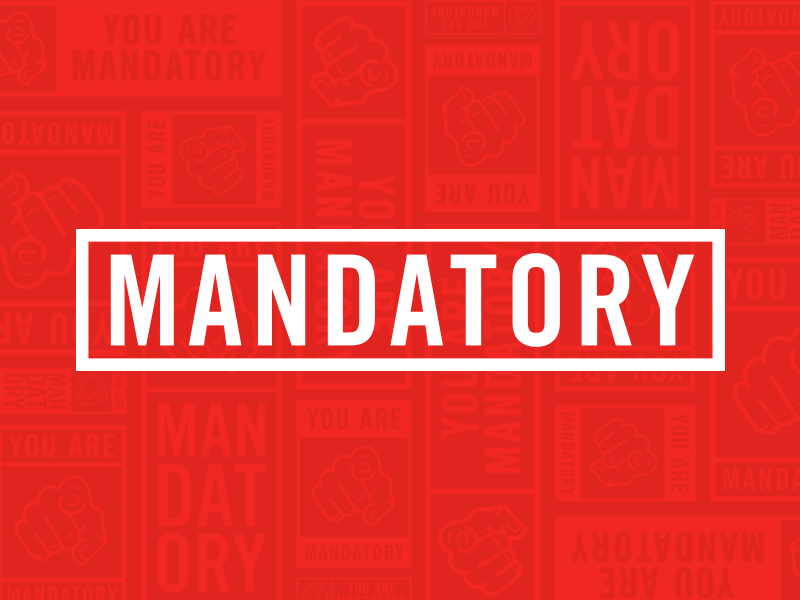For more than 10,000 years, the sticky, icky green herb known as cannabis has been budding across our fertile lands, but it’s only within recent history – less than one percent of its existence – that a questionable ban on the non-addictive plant has been placed. Now, marijuana struggles to find its way back to the light

of legality despite clear, legitimate validation. After being labeled as a top-tier illegal narcotic in the United States in early 1900s, people are slowly shifting from their slight oversights of the “drug” back towards a cheap, multi-beneficial medicinal cure-crop with more positive potential than ever.
If you’re on the opposing team and vote against this miracle plant, I challenge you to read on. The rest of you 50 million American grass smokers can light up and educate yourselves as well about your little green friend.
Short History
For people who don’t know, cannabis (or marijuana) can also be made into hemp, the largest agriculture crop for thousands of years until the mid-1800s with thousands of uses. In fact, there used to be government laws ordering people to grow hemp in order to improve the economy. Ironic.
In the early 1900s, yellow journalism, which is based more on exaggeration than fact, depicted cannabis as Satan’s snack-time friend. This mixed with hemp’s potential to outproduce other major industries – pharmaceutical, liquor and timber – led to its banning around the time of alcohol prohibition and illegalization of recreational drugs like opiates and cocaine. Around World War II, it was again legalized until the war ended, as its reputation went from violent narcotic to a useless peacekeeper. Then again in 1970, the government reversed its opinion, saying pot was more harmful than drugs like cocaine while meth was still legal, mind you “Breaking Bad” lovers.
Today, the budding ganja is slowly becoming legalized through individual state voting but not supreme federal law, which is sort of like giving a kid a convertible for his first car and telling him he can’t put the top down. Although there are laws in place to deter people from smoking, the actual rate of cannabis smokers is not affected. People who want to smoke are going to smoke, so why not be smart about how they get theirs?
Clear False Fear
Most problems people have with cannabis come from over-hyped media mongers and political wackos who feel the need to take the easy position against cannabis, despite its medicinal benefits, firing erroneous fear messages at parents about their children instead of addressing more important issues such as health in cafeterias or education in general.
Most uneducated parents and politicians believe it’s a gateway substance, a steppingstone to bigger, more harmful drugs like heroin or meth. Marijuana, however, has zero addictive qualities, meaning any further trips down the rabbit hole are induced by street sellers who offer a bigger bang while handing out their plastic baggies. Making cannabis legal to purchase once at the age of 21 would decrease drugs in the streets, reducing its reputation as a gateway drug to zero as dealers go out of work, and pot shops would take over selling in limited, regulated and safe doses.
If you’re afraid your child will turn into a worthless pile of discarded Cheeto bags, teach them about it the same way you plan on discussing the birds, bees and booze. If you think nobody who smokes a little schwag ever amounts to anything, take a quick look at music, art and film history.
Real Truths
Unlike alcohol and tobacco, the top two killers in America every single year, nobody has ever died from pot overdose, nor do you often hear of pot-related accidents outside of eating all the food in someone’s cupboard. In fact, it’s actually easier to kill yourself by overdosing on coffee than it is to smoke yourself to death with cannabis. Tobacco, on the other hand, kills more than 400,000 people annually, but greedy corporations are happy to keep wheeling out the cancer cartons so long as smokers are okay scooting 20 feet from the door.
Imagine if prohibition were to be reintroduced to our society. Alcohol corporations would crumble and every man down to the social drinker would have a fit on some politician’s doorstep, not to mention the number of guys who would never get laid again. As far as marijuana is con

cerned, many people depend on these plants in their daily lives, as opposed to nobody who depends on alcohol prescriptions from their doctor. As with anything mistreated or overused, there can be adverse effects like drowsiness, lethargy and bad music produced, but those symptoms are a hell of a lot better than blurred vision, vomiting, hangovers or liver failure.
Medicinal
Weed is practically a curse word in some households, synonymous with laziness and impure thoughts, but in actuality, studies have shown that cannabis doesn’t kill brain cells, but rather promotes cell growth and stimulates the mind. Ever wonder why you have rare, interesting thoughts when you’re high?
You may not realize it, but many people rely on cannabis products – buds, oils or edibles – for pain, anxiety and disease treatment everyday of their lives. Doobie-toking California councilman, Bill Rosendahl, recently took a stand to inform people his cancer had gone into remission, claiming, “I wouldn’t be alive if it weren’t for marijuana.”
And to be clear, people don’t need Mary Jane to be lazy; those are the types who only believe in the importance of being idle. When used correctly – buying the right strain for your symptoms and using it responsibly – users can experience a better lifestyle, including better sleep, productivity or pain management, as opposed to the guy who rips a bong of the purple and sees a hazy marathon of “Rocky” films.
Economic Potential
It’s estimated that legalizing marijuana would gain nearly $14 billion annually through taxation revenue and savings for our economy. Instead, billions in tax dollars (8.7 billion in 2010) are spent wasting time in court systems to punish users of the benign substance, as opposed to giving them the same ticket for smoking a cigarette underage. There’s nearly 60,000 incarcerated each year for marijuana use. Who are these people harming? Certainly not themselves, as cannabis cannot be solely linked to a single case of lung cancer or emphysema.
States like California who find themselves dozens of billions in debt are perfect examples of those who can help themselves out of debt by putting a modestly priced tax on cannabis, but instead deny themselves the benefit while pot shops continue to open their doors to pretty much anybody with 40 bucks and a pair of lips.
Not everybody is expected to use cannabis, but it can benefit everybody in different ways, even if it just improves the economic climate you swear about everyday. We’re not advocating the use of marijuana or any cannabis related products, but instead educating readers about one of the most misinterpreted topics on the planet. Plus, we’re all out of Cheetos and have nothing better to do.









